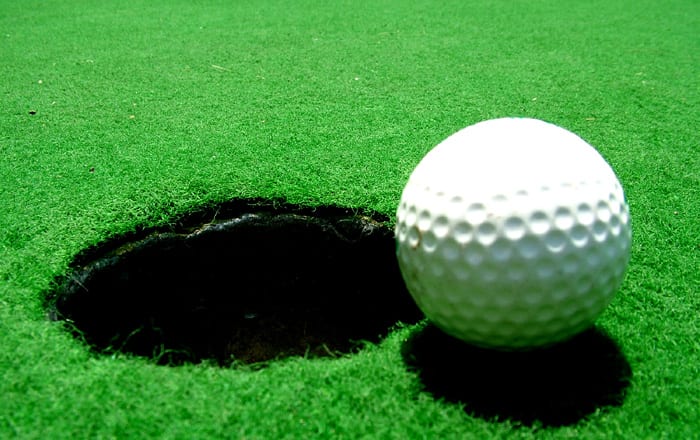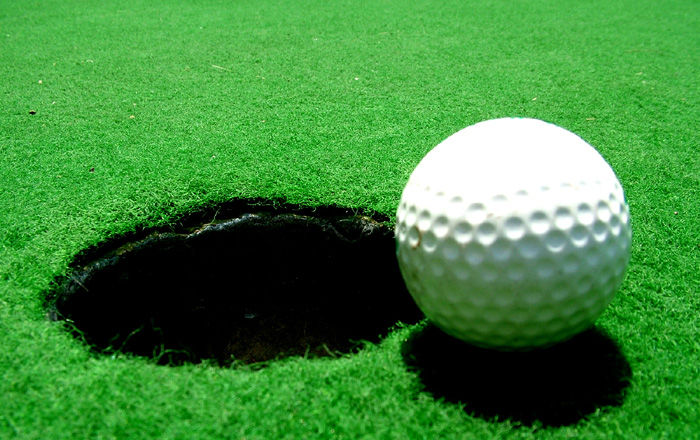 |
| Photo: Lotus Head |
Written by Adam Schwartz
Practicing the mental side of golf involves a great deal of patience. Similar to perfecting your swing on the range or your putting stroke on the greens, personal strategy involves acceptance. Playing competitive golf, whether at the junior level, college, state amateurs, local club championships, or professionally, requires a certain level humbleness. Tournament golf can bring out the best and worst of a player, both emotionally and physically. If you play competitive golf, I’m sure you will be able to think of a time where either you or your fellow competitor had a complete emotional breakdown that led to withdrawing or disqualifying from a tournament. Yet playing a relaxing, socially-interactive round with three of your friends on a Saturday morning would never yield the same reactions that will be created during tournament golf.
Acceptance in tournaments starts with understanding that golf is never a fair game. Acknowledging that where a ball lies on the golf course is part of the game, which isn’t always an ideal “propped” up lie in the middle of a flat fairway. In addition, accepting weather conditions and course conditions will ideally make you accept what you score on the course. Good golfers will go out and play on sunny, warm days with no wind and shoot par. Great tournament players can play in cold or windy conditions on dirt and adjust themselves to shoot the same score. Progressing as a tournament player means that you can accept adversity on the golf course. Playing the blame game doesn’t help anyone.
As a young competitor playing golf, setting goals and staying patient during a round encourages growth and stability. Keep it simple and fun by practicing fundamentals and basics through little contests to keep those skills sharp while developing different skills at the same time. Playing your best even though it may yield a bad score if your swing is a little off may not be completely rewarding; however, there is the promise that a player can go back the next day and play better. When a player’s timing fails and he or she lets it affect their emotions, that is when the score suffers.
Strategically, a player needs to make mistakes in order to adapt to their emotions. Developing game management skills rather than imposing them on yourself is key to personal growth. When playing shots on the golf course, a player should contemplate if they exhausted all options before playing the shot. Theoretically, consider that if your physical swing can’t pull off a shot three out of four times, it’s probably not the shot to hit.
Having high expectations at a competitive level is in every player’s DNA. Building confidence and gaining experience are invaluable tools to becoming a successful player. Competitiveness does not always breed patience and strategy, but is an innate virtue that cannot be taught or practiced. It’s a lot easier to manage the competitive fire within than to put that fire within yourself.




